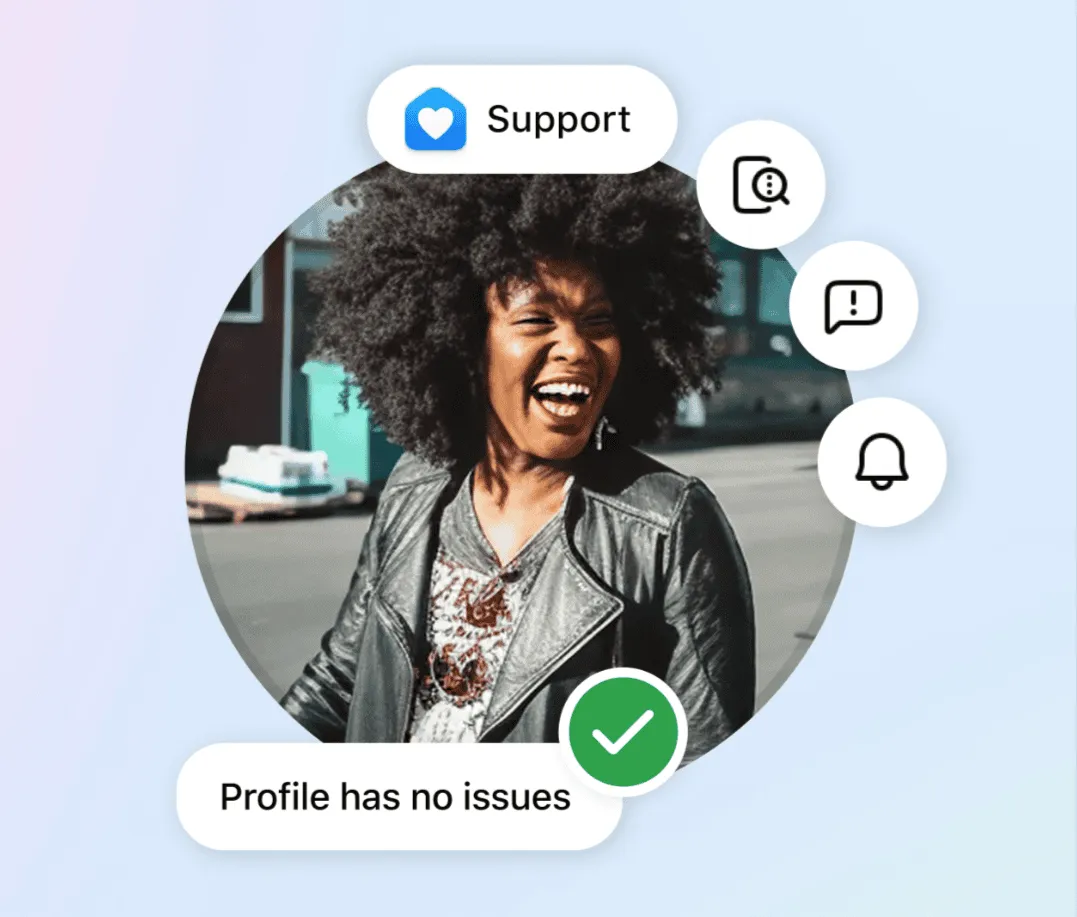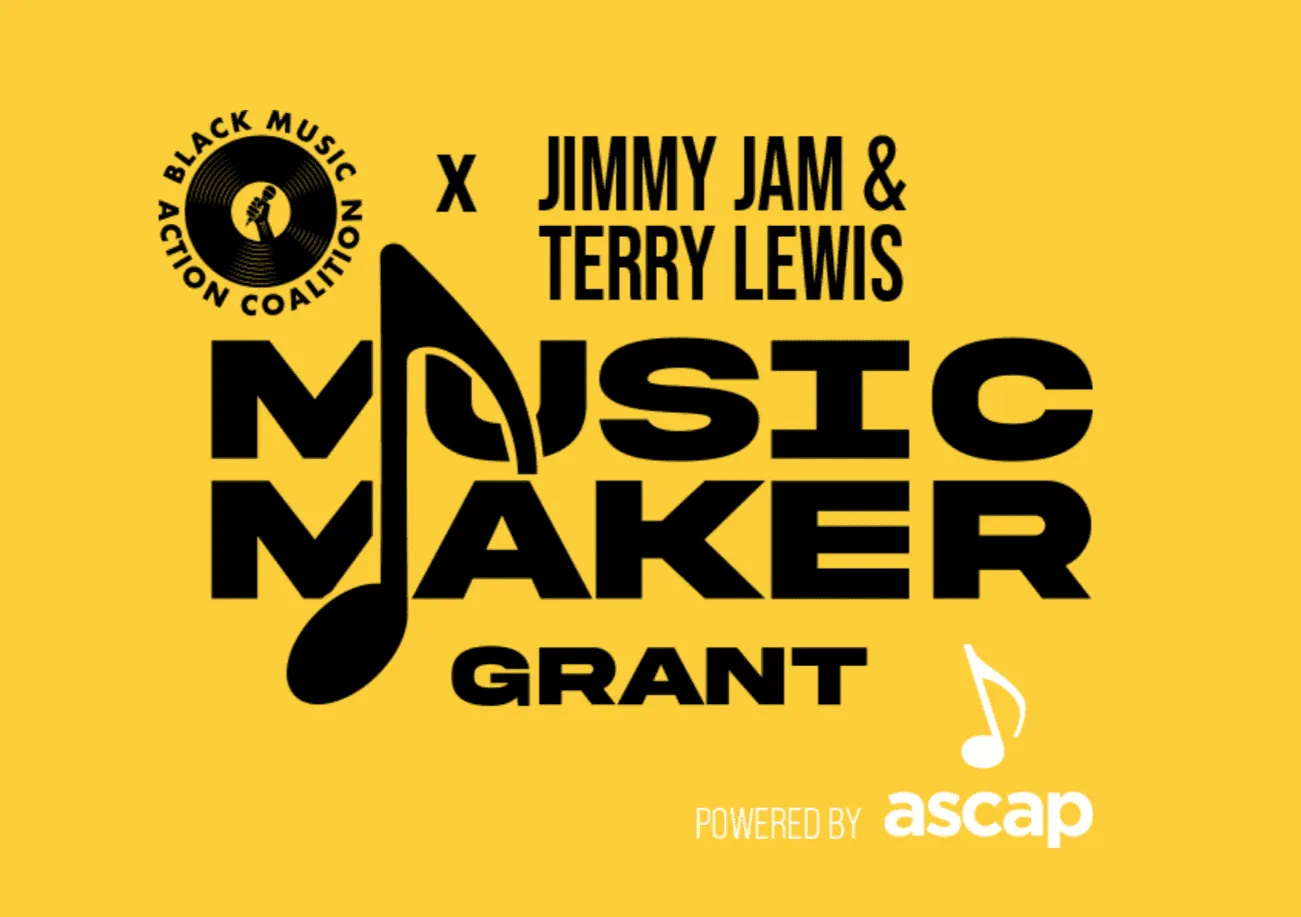Heightened Awareness of Legal Sites Won’t Steer Fans Away From Music Piracy [INTERVIEW]
Recently, I spoke with Joe Cox, who is an economist at of the University of Portsmouth. He recently published a paper titled Seeders, leechers and social norms: Evidence from the. Continue reading [https://www.hypebot.com/hypebot/2011/01/heightened-awareness-of-legal-sites-wont-steer-fans-away-from-




